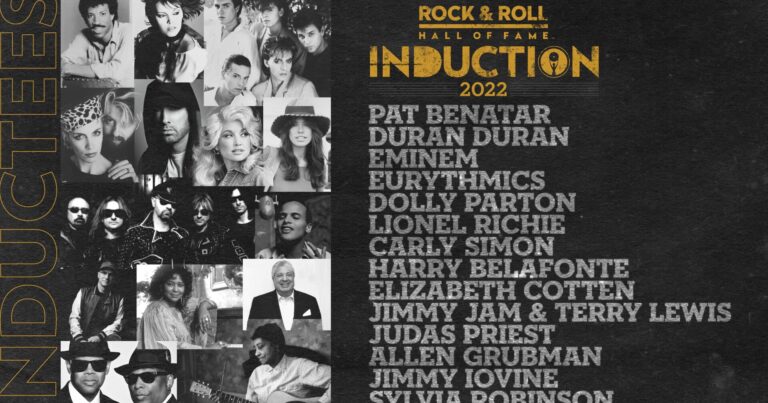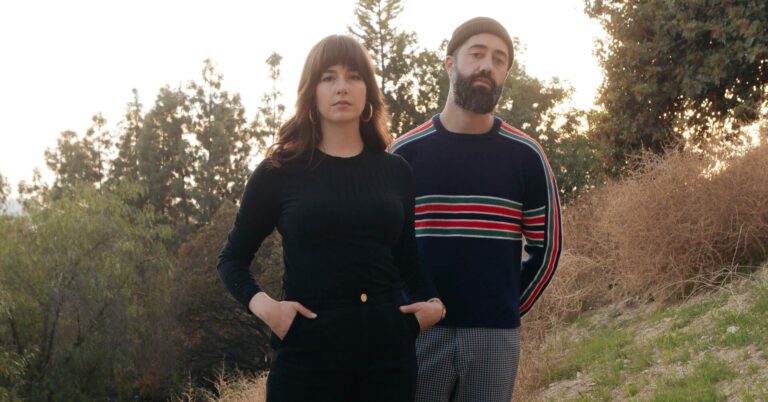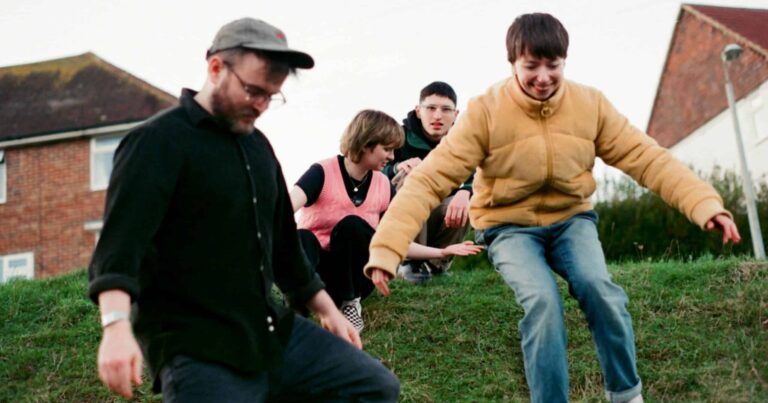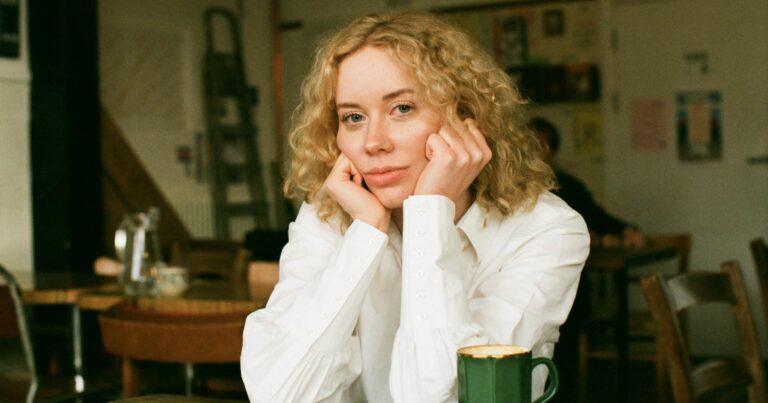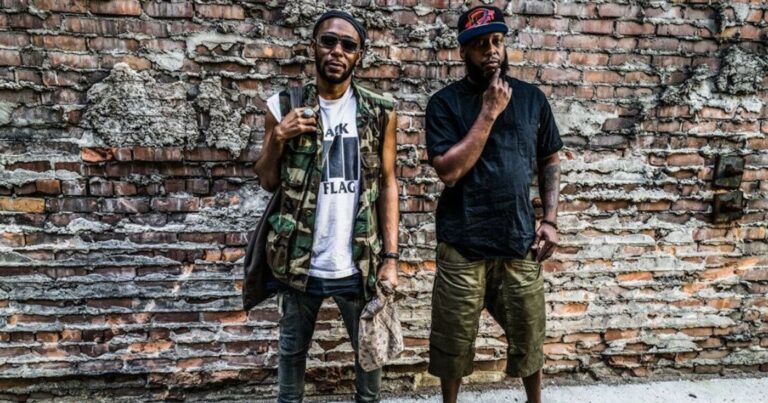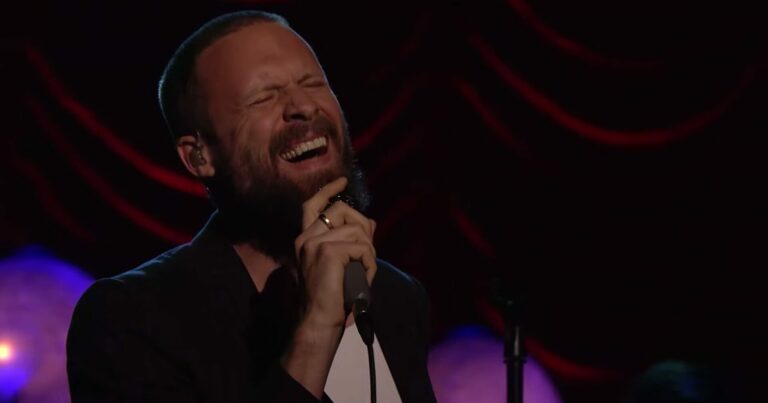The Rock & Roll Hall of Fame has officially announced its class of 2022: Dolly Parton, Eminem, Pat Benatar, Duran Duran, Eurythmics, Lionel Richie, and Carly Simon.
In addition to the Performers category, Judas Priest and the duo of Jimmy Jam & Terry Lewis will both receive the Musical Excellence Award. The Early Influence award will be given to Harry Belafonte and Elizabeth Cotten. This year’s Ahmet Ertegun Award winners include Sugar Hill Records founder Sylvia Robinson, record executive Jimmy Iovine, and attorney Allen Grubman.
Parton’s induction comes after she said she was declining the nomination, though the Rock Hall said it wouldn’t remove her from the ballot. Last week, Parton said she would now accept an induction, telling NPR: “It was always my belief that the Rock & Roll Hall of Fame was for people in rock music. I have found out lately it’s not necessarily that. But if they can’t go there to be recognized, where can they go? And so I felt like I was taking away from someone that maybe deserved it certainly more than me since I never considered myself a rock artist. But obviously, there’s more to it than that.”
Beck, Kate Bush, Devo, Fela Kuti, MC5, New York Dolls, Rage Against The Machine, A Tribe Called Quest, and Dionne Warwick were also nominated but will not be inducted this year.
The Rock & Roll Hall of Fame 2022 induction ceremony will take place at the Microsoft Theater in Los Angeles on November 5. It will be simulcast on SiriusXM and air at a later date on HBO.
